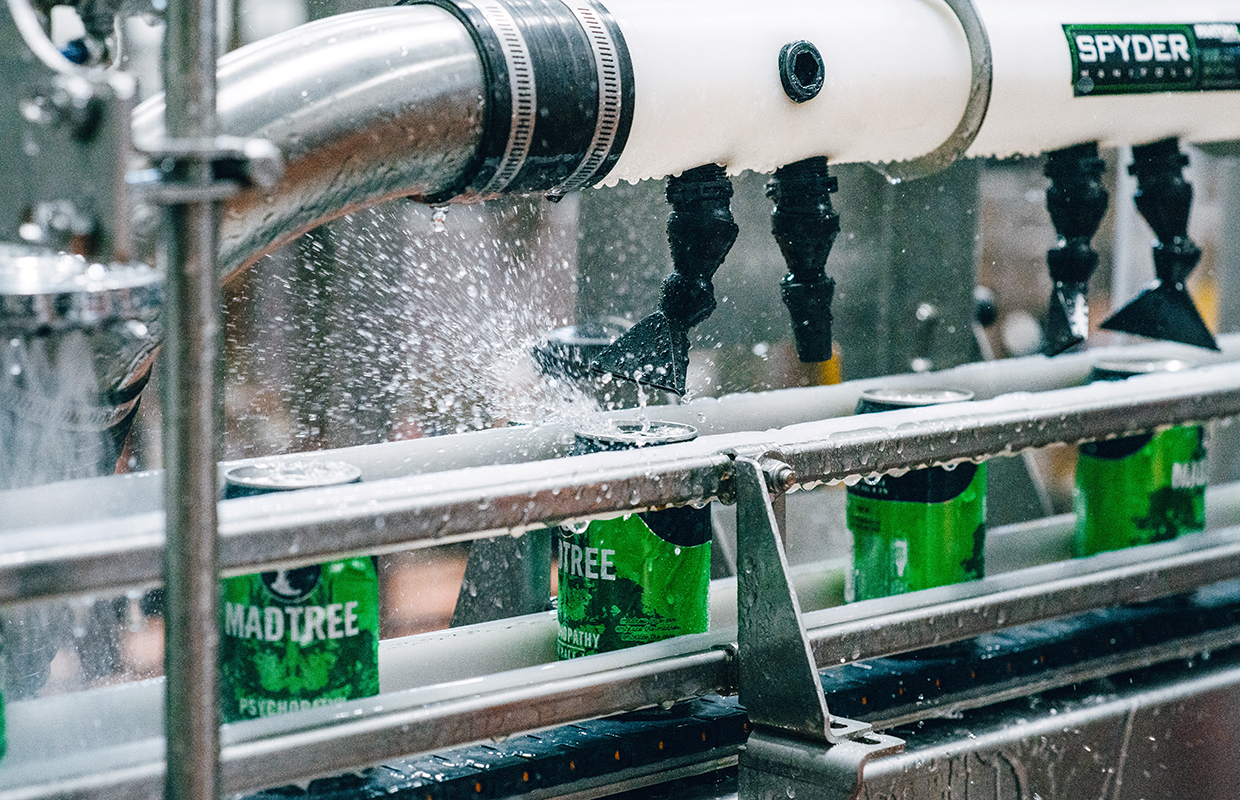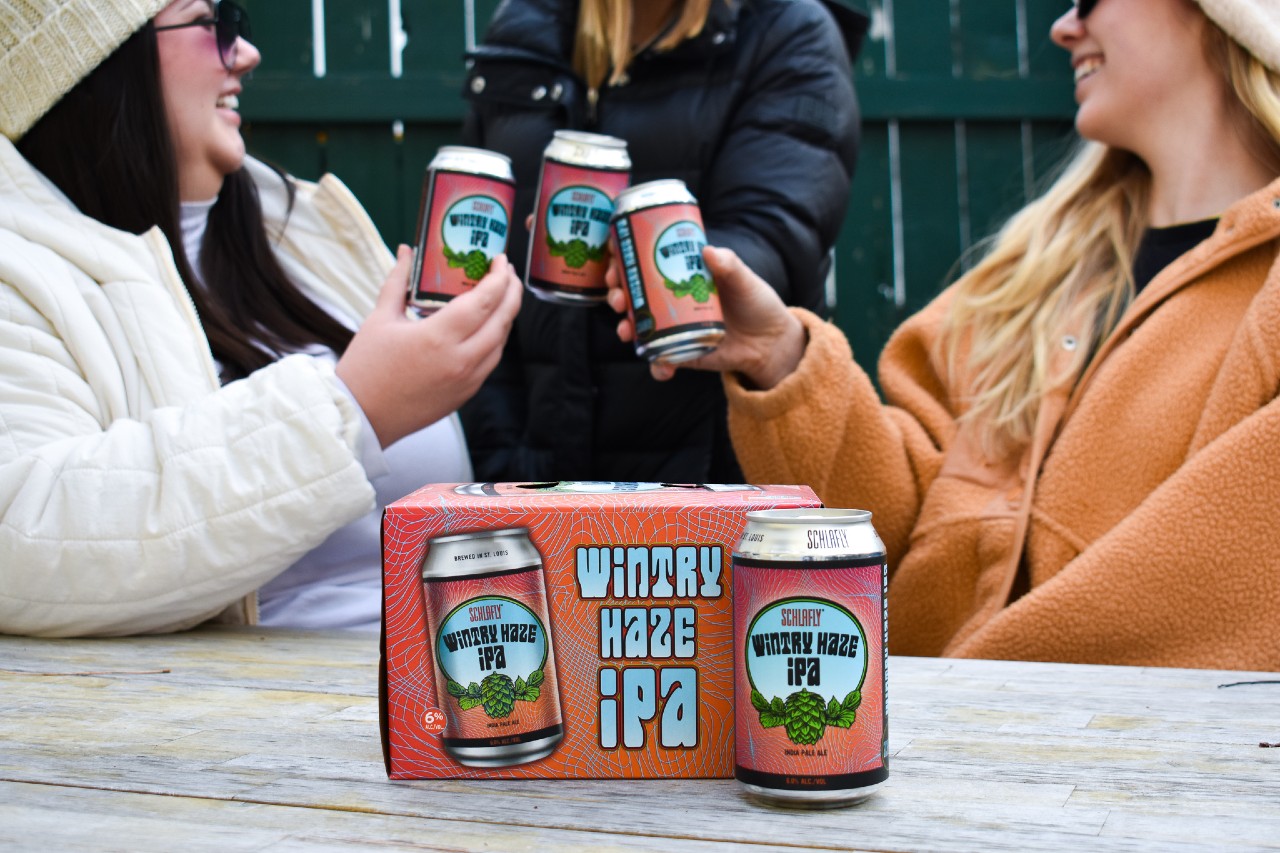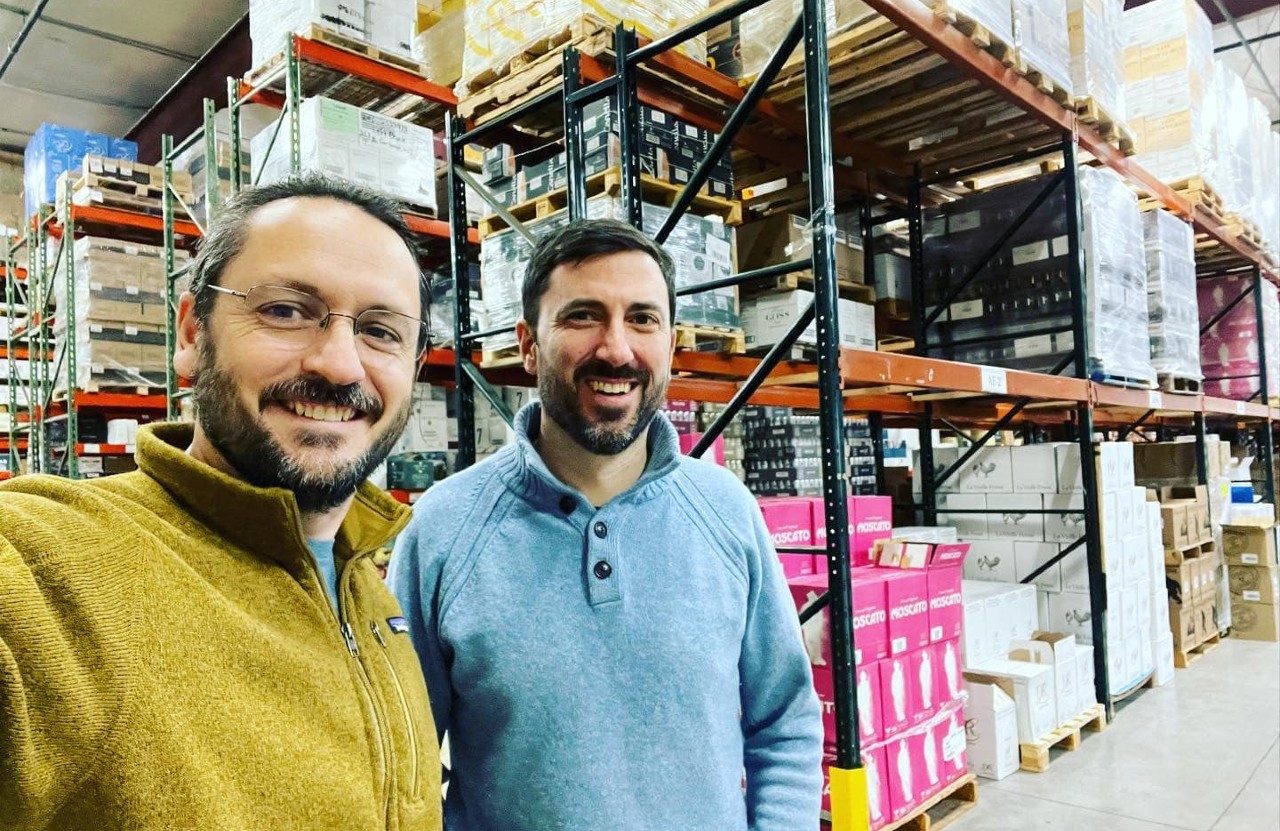
Putting the pen to paper can always be a nerve-wracking experience, especially that first time as a brewery owner. It can be a contract for hops, linens, cleaning supplies, or whatever it is that you want to make sure is done as a benefit for both sides of the agreement.
Matt Rowe, the Capital Projects Manager for MadTree Brewing, said he believes the single largest thing that the Cincinnati-based brewery has learned over the first nine years in business is that a contract needs to be mutually negotiated and beneficial to both parties before moving forward with anything.
“When we first started out as a business we were naive in asking for terms, modifications, or anything related to contracts with suppliers because we just didn’t feel like we were large enough, or had the ‘right’ to negotiate any of the terms,” he said. “What we have learned over time is that everything is negotiable when it comes to contracts and that suppliers will not be insulted by your desire to negotiate — in fact, they see it every day.”
He added that the best relationships between a company and supplier are those which are honest, open, and transparent during the entirety of the process from negotiation through to contract fulfillment.
“We’ve had one great hop supplier that we’ve worked with for years, and because of the transparency we’ve maintained in that partnership we’ve navigated issues from both sides of the relationship — as a buyer and as a supplier -—and come out stronger as a result,” he said. “It has always been in our best interest as a business, to be honest when issues arise or mistakes are made, and to find a mutual path through them together.“
Fortunately, experts in the brewing industry like Rowe shared insights with Brewer on what to look for in contracts, why you should READ a contract, and who else should be in the negotiation.
Urban Artifact’s Brett Kollmann Baker said some questions you need to ask yourself are:
• How can I get out of this contract if the other end of the bargain is not upheld?
• What kind of teeth does this have if someone is trying to break a contract outside of the agreed-upon terms?
• In the case of property dealings, do you have a first right of refusal and/or a first right of offer?
The focus shouldn’t ever solely be on price, Rowe said.
“You should look at the whole collection of terms,” he said. “Many times where you can find ‘value‘ for your business — like longer payment terms for example — is something that a supplier may be much more willing to work with you on than purely on price.
“The name of the game is often to look beyond the surface level items to understand how both the purchaser and the supplier can find that middle ground.“
If you are a new brewery or a brewery looking to expand your distribution, learn about franchise rights, said Untitled Art’s Levi Funk.
“In most states, franchise rights are written into state law, which the Brewers Association has a great state-by-state summary of,” he pointed out. “Go read the state statute of the state you are looking to sign a distribution agreement within.“
“Make sure you understand under what conditions you are bound to this agreement. ‘No-contract‘ distribution agreements are de facto state law agreements. Unfortunately, state statute typically puts the burden of proof onto the supplier (i.e. you) and uses very ambiguous terms for separation.“
It is in your interest to expound upon and clarify state statute within your agreement, he added.
“You do not want to litigate the definition of ‘Reasonable,’ ‘Fair Market Value,’ or ‘Good Faith and Cause after the fact,” he said. “Did you know that a distributor that goes out of business could still technically own your brand?“
That doesn’t mean you need to be an expert on terminology either. Rely on legal counsel for these arrangements and don’t be afraid to ask.
“You’re not a lawyer,” Baker said. “Get your lawyer involved. Also, use your damn head and actually read the agreement. Don’t be afraid to make adjustments as you see fit, regardless if it’s a standard thing.
“Ask your lawyer any and all questions until you fully understand the deal. Don’t sign anything you haven’t read and completely understood. Do not take anyone’s word for anything. A contract is meant to protect you if things go wrong, so imagine that this deal has gone completely sideways: they hate you and you hate them. They’re out for financial blood and your business is on the line, don’t [screw] this up. You cannot overprotect yourself. Do everything you can to protect your ass(ets).”
Just remember when it comes to business negotiation around contracts you must be “downright religious,” Rowe said, about having anything and everything in writing before a contract is signed to protect yourself and your business from any issues.
“Many times when you are talking with a supplier you may discuss something in person, over the phone, or via text — but those items need to be documented and part of what is signed to ensure that you get what was promised from any vendor,” he said. “It may feel like sometimes a little crazy to ask for such detailed follow-up, or to rewrite a contract for the tenth time to change a word or two, but you always have to be prepared for the worst when relationships break down and the only thing you have recourse on is what was written and signed on paper.
“You never believe that relationships will get to that point when you are on the exciting end of a new deal, but a handshake agreement doesn’t get you anywhere down the line when shit hits the fan.“
A large portion of MadTree — and other breweries — contracts are with agricultural providers, so Rowe pointed out that the largest term that comes to mind when he was thinking of important terms to understand and something that they have learned about is called “Force Majeure.”
“It is extremely important to understand that as a purchaser of an agricultural product there is always the chance that forces beyond the supplier’s control can cause issues with their ability to deliver a contract, and that this clause is both typical and very supplier friendly in nature,” he said. “Hops contracts, for example, always have these clauses which get leveraged when natural conditions cause issues with certain crop years, and can sometimes affect a hop grower’s ability to deliver contracted varieties, weights, or products.
“It is one of the reasons why we have chosen to diversify our supplies as much as feasibly possible — which helps buffer some against these realities of purchasing so many agricultural goods.“





Be the first to comment